07 Jun Does Alcohol Impact Your Sleep?
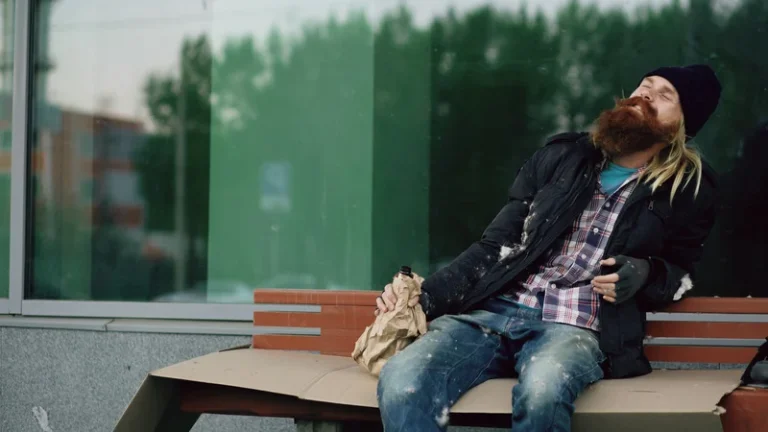
Stage 3, also called slow-wave sleep, is the deepest stage, typically making up about a quarter of your sleep during the night. This is the phase when the body performs essential maintenance, like repairing tissue, strengthening the immune system, and developing bones and muscles. Alcohol has been shown to boost the amount of slow-wave sleep you get in the first half of the night, which could potentially increase the risk of sleepwalking, sleep apnea, and other sleep problems. The sleep disruptions that tend to occur in https://ecosoberhouse.com/ the second half of the night after you’ve been drinking could make it difficult to enter and maintain stage 3 sleep, so you’re unlikely to feel refreshed in the morning. “Initially, alcohol reduces the amount of time it takes to enter stage 3 — Non-REM, slow-wave sleep, the deepest sleep stage where we are mostly unconscious,” says Rohrscheib.
Does Alcohol Affect Sleep? What You Need to Know Before Bed
Sleep also reinforces the brain’s ability to be emotionally resilient. When you don’t get enough sleep, you can become moody, irritable and overly emotional. Your thinking and reactions are more likely to be negative, with positive thoughts muted. It’s easy to forget just how enormously complex the brain’s memory system is. You must remember some things, but not everything, or your mind will be overrun with trivial details. Some things truly are best quickly forgotten, such as the color of every car you passed on the road.
How much does it take to affect sleep?
Alcohol use and dependence appear to interfere with circadian rhythms—biological patterns that operate on a 24-hour clock. Evidence suggests that consuming alcohol may decrease the body’s sensitivity to cues, like daylight and darkness, which trigger shifts in body temperature and secretion of the sleep hormone melatonin. These fluctuations play a vital role in the sleep-wake cycle, and when they are weakened—or does alcohol help you sleep absent—a person may feel alert when they want to sleep and sleepy when they want to be awake. Sleep is also key to the production of two hormones that work in tandem to regulate your appetite by making you feel either hungry or full. The hormone leptin, which makes you feel full and suppresses appetite, increases during sleep, allowing you to go several hours without being disturbed by hunger. At the same time, ghrelin, a hormone that makes you feel hungry, is kept in check.
Register for an enhanced, personalized experience.
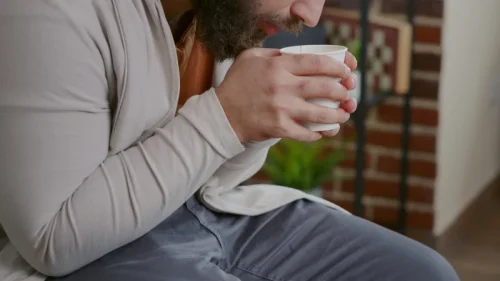
Some people who drink frequently develop a tolerance to the sedative effects of alcohol. It’s best to cut off drinking alcohol at least four hours before bedtime. This gives your liver time to break down the alcohol and might give your sleep a fighting chance. “Typically, it’s advised to stop drinking alcohol around three to four hours before bed.

This may result in the person verbally or physically acting out their dreams, which may cause abnormal behaviors such as kicking, flailing, jumping or yelling during sleep. Alcohol further increases the effects of sleep apnea by relaxing the muscles in the throat, collapsing the upper airway and lowering oxygen levels. This not only worsens pre-existing sleep apnea but may also lead to episodes of sleep apnea in individuals who previously did not experience it. So, does alcohol help you sleep or is it actually interfering with your quality of rest? Read on to find out how alcohol can affect your sleep, and why—as well as insight into the health benefits of getting enough shut-eye. Sleep and circadian rhythm disruption from alcohol also contribute to next-day tiredness, fatigue, irritability, and difficulty concentrating.
Night Eating Syndrome: Symptoms, Causes, and Treatments
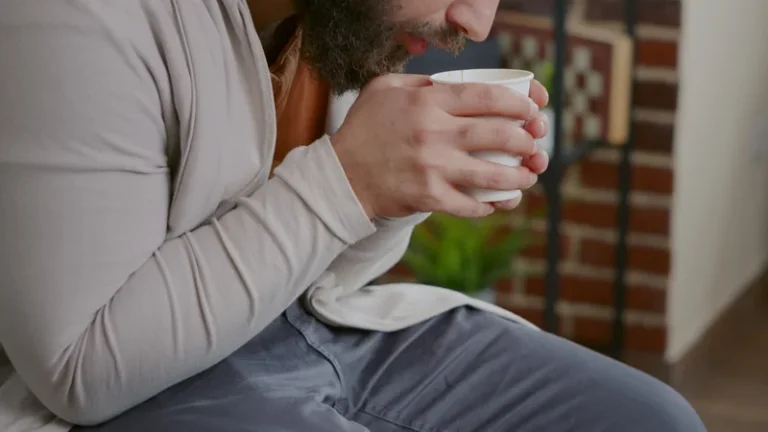
When people struggle with sleep, they rarely consider alcohol as the culprit. Technically, yes — alcohol is considered a depressant, meaning it can make you feel relaxed, uninhibited, and for many, sleepy. This is precisely why many people reach for alcohol as a way to help them relax in the evening while also helping them fall asleep. Having the occasional nightcap to unwind is no biggie and may help you fall asleep faster.
- Even in moderate amounts, alcohol consumed in the hours before bedtime can cost you sleep and leave you feeling tired the next day.
- About a quarter of all adults report drinking more than the recommended weekly limit of alcohol.
- That said, if you’re drinking half a bottle of Scotch before bed then it will, of course, disturb your sleep.
- The body gets excited after it’s been artificially suppressed through the alcohol.” Besides fitful sleep, you might need to get up to go pee a few times (alcohol is a diuretic, after all!).
- People suffering from depression may already have disrupted circadian rhythms, and the presence of even moderate amounts of alcohol may push those rhythms further out of sync.
- Alcohol is classified as a central nervous system depressant, meaning it slows down brain activity.
Alcohol and sleep: help or hindrance
- Technically, yes — alcohol is considered a depressant, meaning it can make you feel relaxed, uninhibited, and for many, sleepy.
- Circadian rhythms regulate nearly all of the body’s processes, from metabolism and immunity to energy, sleep, and sexual drive, cognitive functions, and mood.
- If you’ve ever had a couple of drinks, you don’t need a scientist to tell you that alcohol can make you feel sleepy.
Over time, poor quality sleep can have a negative influence on many different aspects of your life, including your long-term health. If you’re experiencing sleeping issues, whether related to alcohol consumption or not, consider talking to your health care provider or a sleep specialist. For many people, enjoying the occasional drink with friends or a glass of wine with dinner is something to look forward to. In the first half of the night, when the body is metabolizing alcohol, studies show people spend more time in deep, slow-wave sleep and alcoholism symptoms less time in REM sleep. Sleep architecture is biologically driven and finely calibrated to meet the body’s needs during nightly rest—changes to the natural, typical structure of sleep aren’t generally good for health or well being.
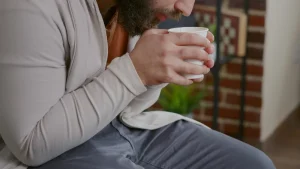
He cares for patients through his private practice in Houston, where he provides evaluations, medication management, and therapy for psychiatric and sleep medicine conditions. According to the Sleep Foundation, alcohol can relax the muscles of the mouth and throat, increasing the likelihood of the airway being blocked. And because alcohol initially makes it more difficult for a person to wake up, they can experience longer obstructions in breathing before they’re roused enough to breathe normally.

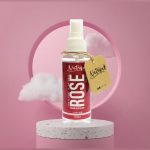
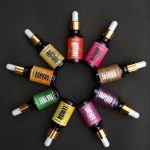



No Comments